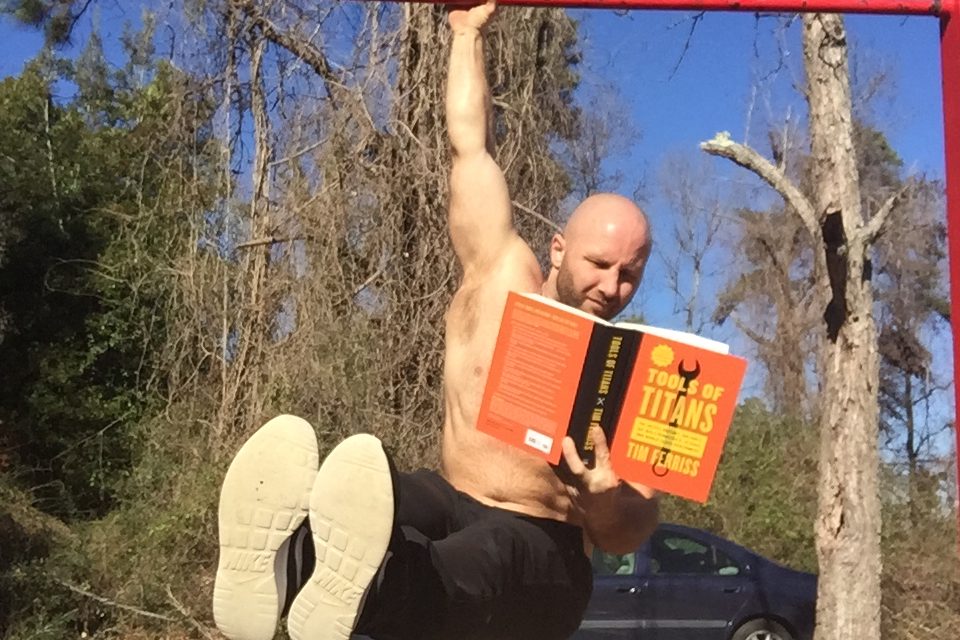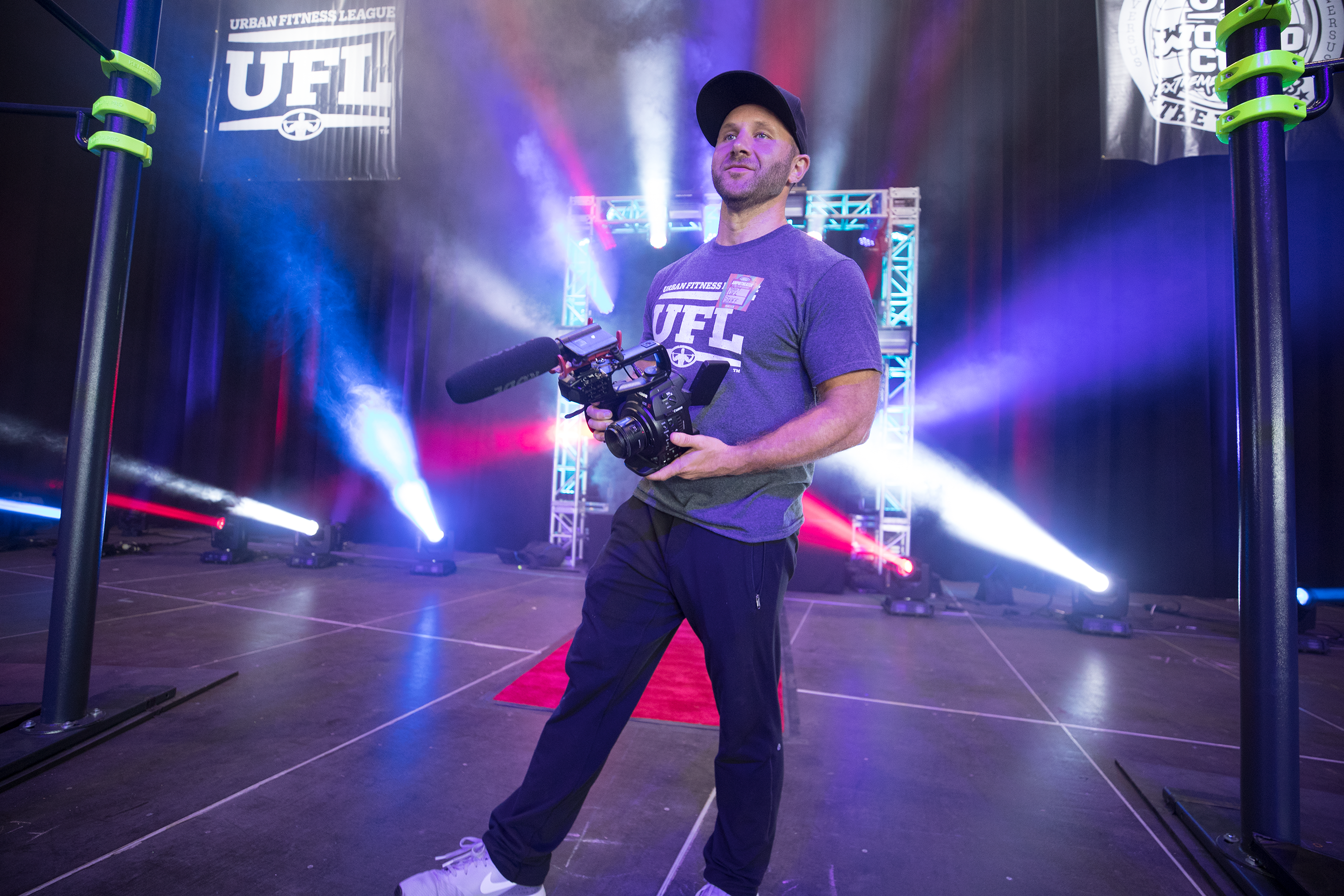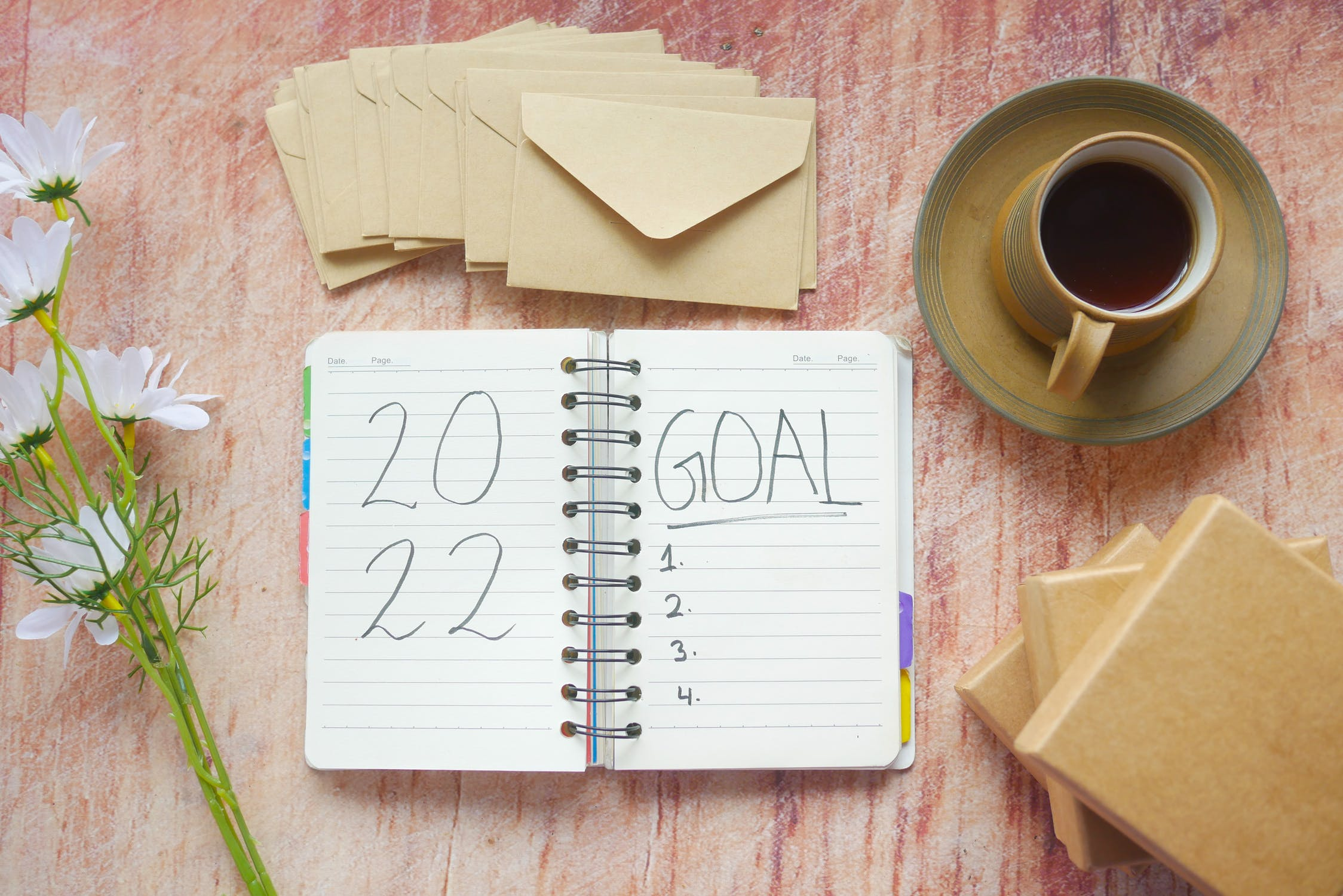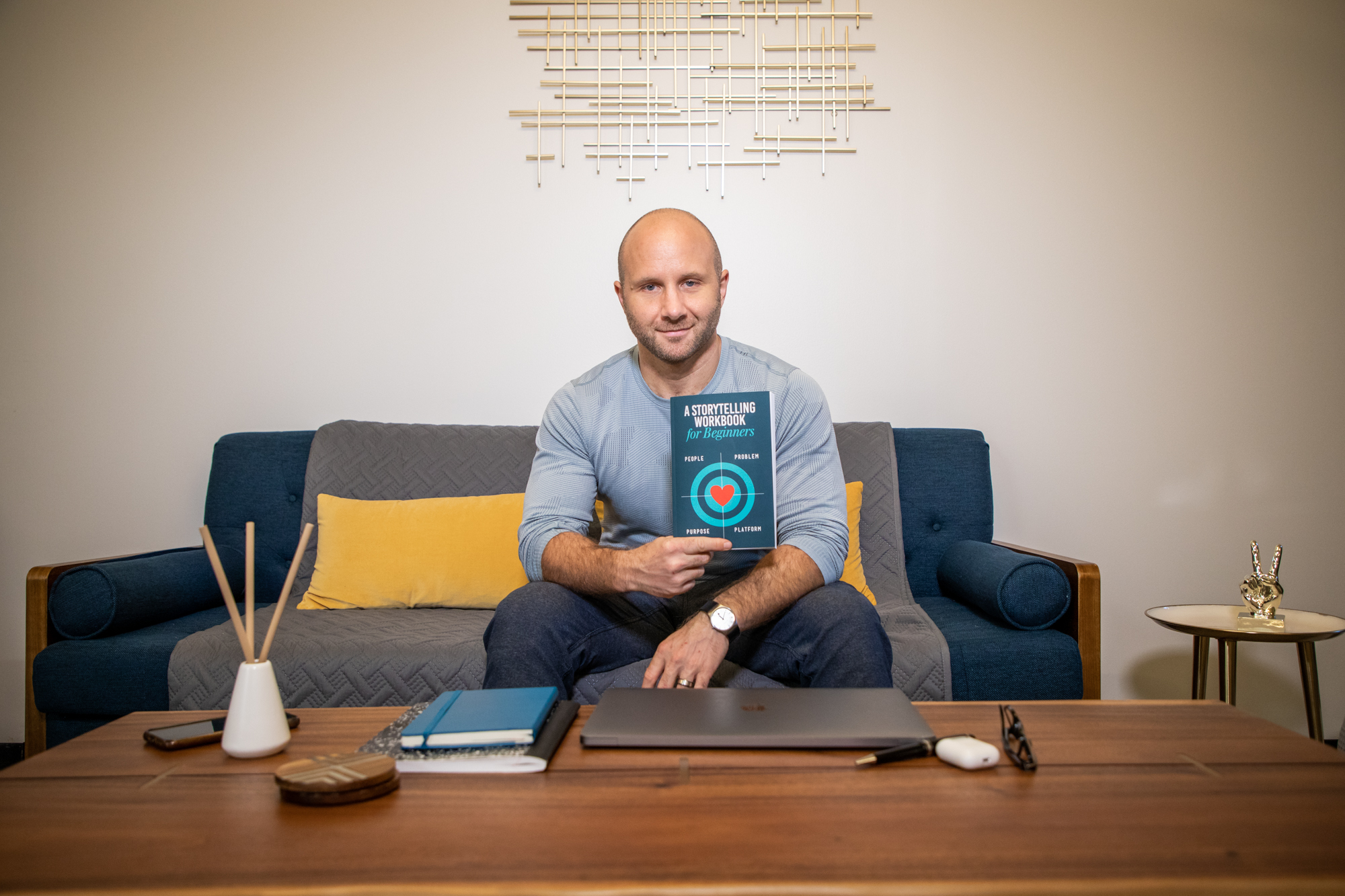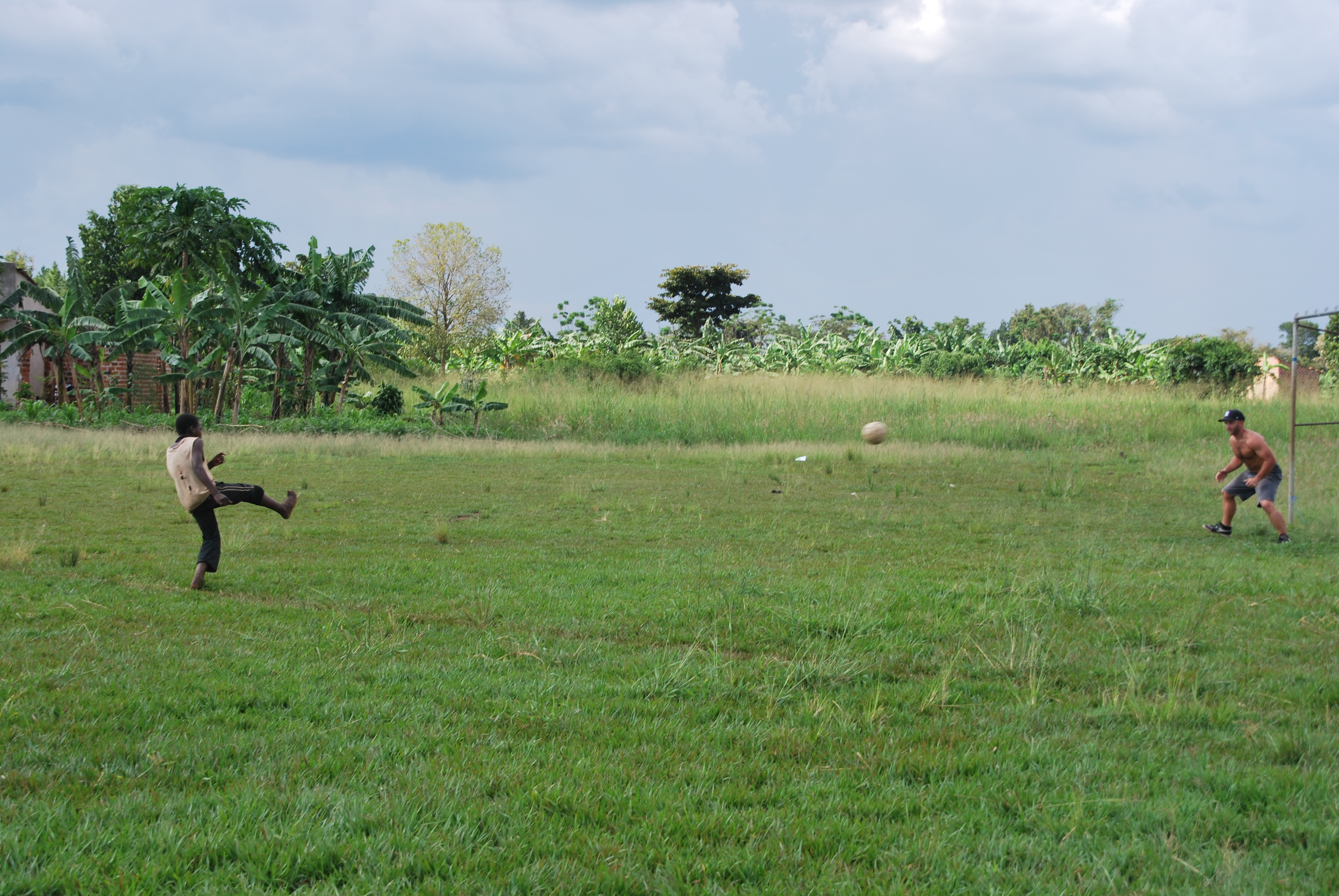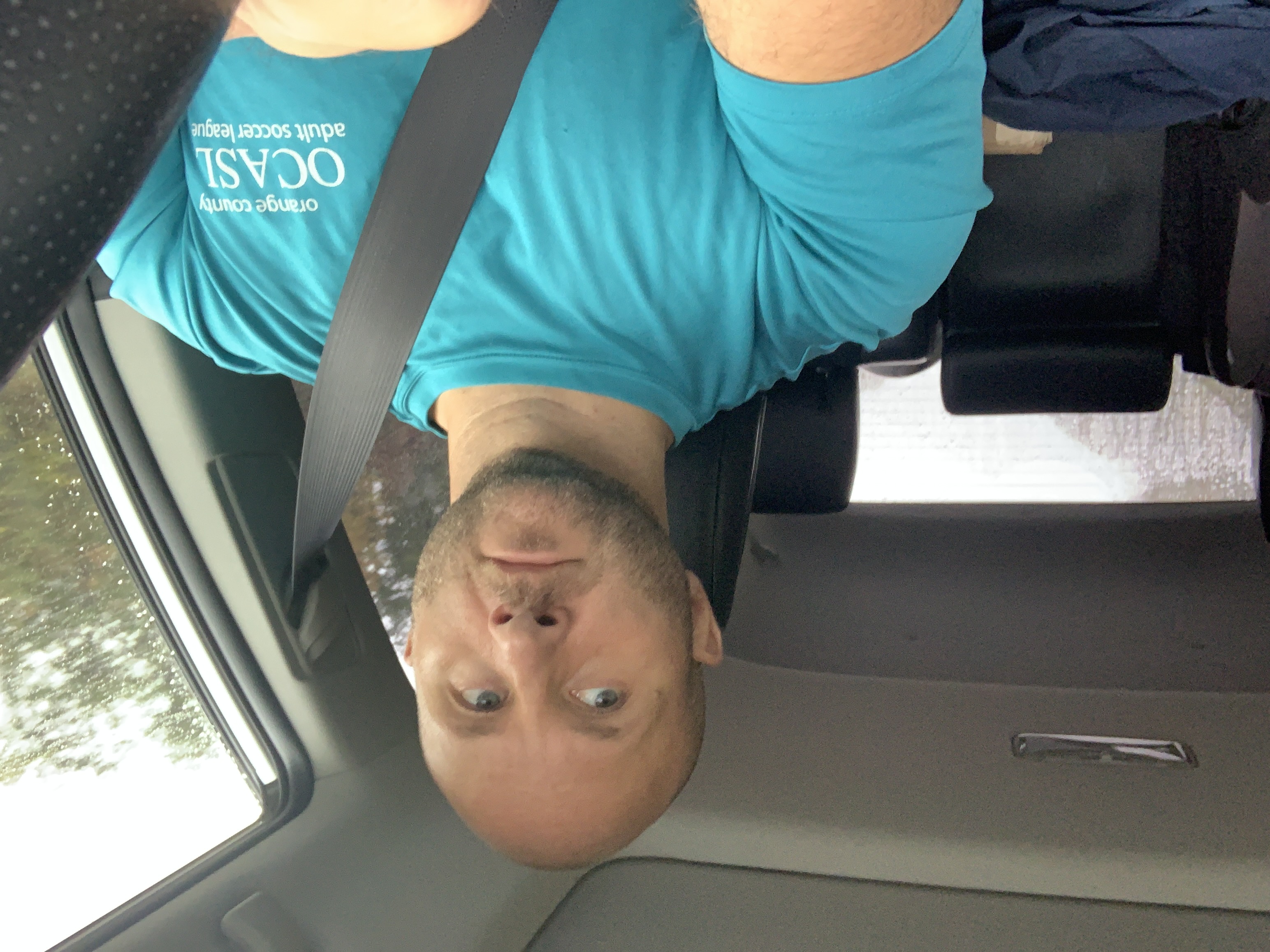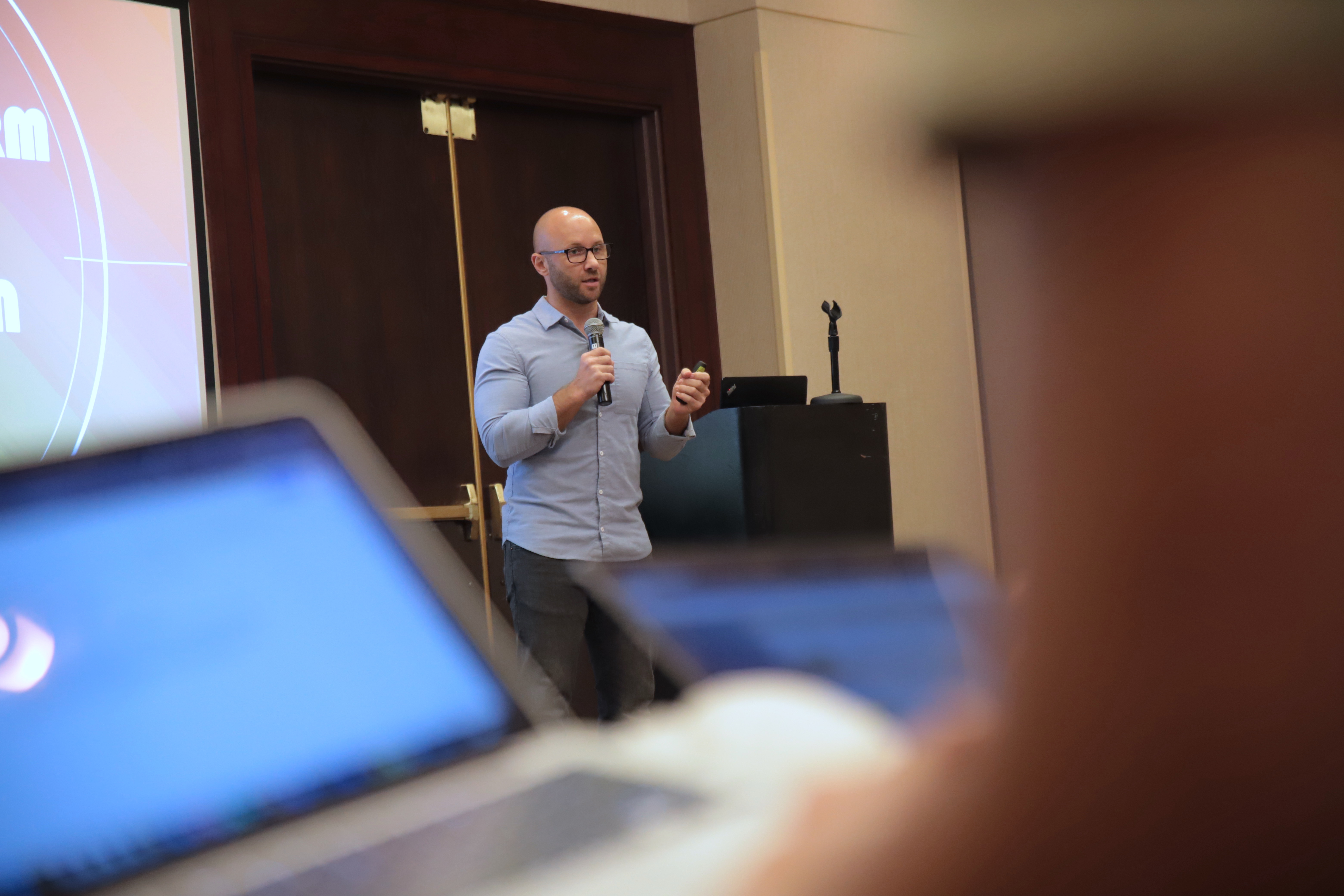When I was sitting in my therapist’s office in 2009, he handed me a sheet with the list of different types of adult children of alcoholics.
There were names like “The Scapegoat,” “The Lost Child,” and “The Mascot.” Then, I got to one called “The Family Hero” and it was like a lightbulb went off in my brain. This was the first time I had directly seen the effect my childhood had on my psychology.
“The Family Hero” was the kid who excelled at everything to compensate for the constant failure of his home life.
Bringing home a report card with all A’s, or scoring the most goals that season, or winning trophies in my piano competitions would all bring these bolts of positivity into my family’s life. But the patterns of my father would continue and we’d be swarmed with fear, anger, and sadness again, and I’d be back in the cycle.
It was what I could contribute to the family and it set off a lifelong quest for accomplishment.
I’m the type of person whose self-esteem is rooted in productivity. It’s quite simple: Rain no do work; Rain bad. Rain do things and win trophy? Rain good.
For most of my life, I considered it a positive trait. It drove my ambition and accomplishment drove my confidence, which allowed me to be more ambitious and accomplish more. It kept me moving forward. But I never was content. I never appreciated anything that I’d done, no matter how hard it was to achieve. It was just “on to the next one” for me.
The past 10 years have been a roller coaster for me, with big accomplishments and wins followed by long periods of self-doubt and depression. I’ve tried to be more conscious of my “family hero” mindset and the behavior patterns it creates. It hasn’t been easy for me to address, even though I’ve known it exists since 2009.
In recent years, however, I’ve tried to be more in tune with my mindset and started making specific goals. I have still striven for accomplishment, but wanted to be more specific and targeted with my goals, so that I was not bouncing around from happy to sad based off of what I did or did not do on a certain day.
I made detailed goals at the beginning of each year broken down into three categories: Personal Goals, Work Goals, and Health Goals.
If we set our minds to something so that anything but reaching that goal is an unacceptable failure, then our likelihood of achieving that goal skyrockets.
For example, data shows that crowdfunding campaigns that get no money unless they reach their goals are often more effective because the fundraisers have a major motivating factor to find all the donors they can. If our choice is to raise $10 or get zero, and we’ve raise $6 already, chances are we will bust our butts to find the remaining $4!
Not only that, but if a person needed $10 to complete a project, but only raised a few dollars, many times he or she might just quit. That was the old Rain — having loosely set goals, but measuring my self-worth by what I’ve achieved. I was setting myself up for failure.
Specific goals helped me.
And here I am today, on my constant quest to be better, realizing that this is also problematic.
Goals are good, I won’t deny that. But this year I set a goal to read 50 books and I am way behind schedule. How do you think that makes me feel? Best believe that little kid wanting to win everything is still alive and well in the bottom of my gut. If I read 35 books, which is the pace I’m on, is that somehow less of an accomplishment?
The point is that I’m constantly learning new information, not that I flipped through a certain amount of pages. I might even be tempted to find smaller books, just so I can fulfill my goal (I have actually done this).
Is that really the point of reading? Of course not. Reading 35 books this year is still impressive (Look at me! Still worried about impressing people) and I’m not taking into account that I’ve been traveling multiple times a month and am doing the best work I’ve done in years.
I’ve had certain fitness goals since 2015 that just keep shifting from year to year on my list, yet I don’t change my strategy. All I see is the failure to accomplish those goals or keep up the arbitrary pace I set for myself. This leaves me with feelings of disappointment, guilt, and even shame.
Instead, I should look at the overall outcome that my back pain that crippled me much of 2015 is gone, I’m getting stronger, and I’m almost back to my high school weight.
So as of today, I will move forward with goals in mind, but I will rely more on the systems I create, and I will trust them. If my system is to read an hour every day, I believe that I will have read plenty of books by the end of the year. If I keep training, eating right, and letting myself recover properly, my health will be significantly better by the end of the year.
Then, I will look back and recognize the wins that I have accomplished that year and be grateful for my progress, but not stress myself out with the specific goals I set in January.
Are goals good or bad? Like most things, they can be both. There are two sides to everything and we are all different and handle things differently.
We just need to keep moving forward with plans… and adjust when necessary.

